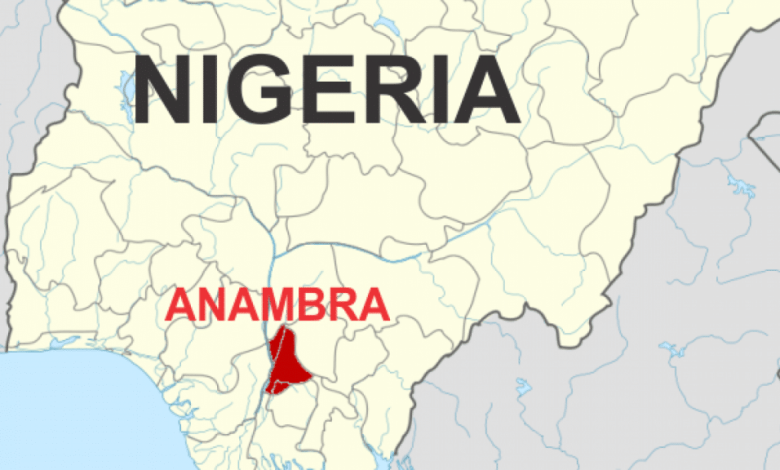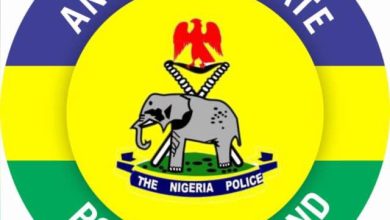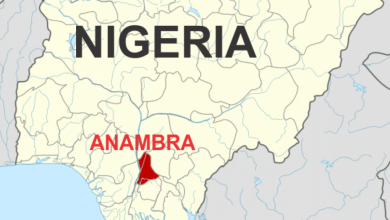Etiti State: Orumba North, South May Leave Anambra If New State Creation Scales Through
News

By Tony Okafor, Awka
A fresh wave of political excitement and unease is sweeping through the Southeast following revelations that Etiti State and Anioma State have been shortlisted as finalists in Nigeria’s renewed state creation drive.
One of the two is expected to emerge as the sixth state in the Southeast geopolitical zone, a development that could dramatically alter the political and administrative map of the region.
If the Etiti State proposal sails through, Orumba North and Orumba South Local Government Areas, currently part of Anambra State, may be carved out to join the new entity.
The inclusion of these two local councils has sparked intense debate among stakeholders in the area, with some welcoming the prospect of fresh development opportunities, while others express concern over possible political and cultural displacement from Anambra’s fold.
According to credible reports from Lagos, federal lawmakers have approved in principle the creation of one additional state for the Southeast, to bring the region in line with Nigeria’s six-state structure per geopolitical zone.
Both Etiti State and Anioma State proposals reportedly scaled committee approval stages in the National Assembly, but only one will receive final endorsement in 2026 to become Nigeria’s 37th state.
At the House of Representatives, the Etiti State bill is sponsored by Hon. Amaobi Ogah, representing Isuikwuato/Umunneochi Federal Constituency, while Senator Ned Nwoko, representing Delta North, leads the Anioma State proposal in the Senate.
A photo circulating on social media shows both lawmakers exchanging pleasantries after the historic legislative session, symbolizing unity in the push for an equitable political structure for the Igbo nation.
Under the current proposal, Etiti State will draw territories from five Southeast states — Imo, Abia, Ebonyi, Anambra, and Enugu. From Imo, the proposed local governments include Okigwe, Onuimo, Isiala Mbano, Ehime Mbano, Obowo, Ihitte/Uboma, and Ideato North; from Abia, Isuikwuato and Umunneochi; from Ebonyi, Onicha, Ohaozara, and Ivo; from Enugu, Awgu, Oji River, and Aninri; while from Anambra, Orumba North and Orumba South are proposed to join the new state.
If approved, Orumba North and South will become part of Etiti State, a move that will see Anambra lose two of its largest and most culturally dynamic local government areas.
Already, reactions are pouring in from leaders and residents of Orumba. While some see the move as a rare opportunity to bring governance closer to the grassroots, others view it as a potential identity rupture for communities that have always identified with Anambra’s historical evolution.
Chief Ifeanyi Nwosu, a community leader in Oko, said the people of Orumba must be fully consulted before any boundary adjustment is made.
“We support state creation, but our cultural and economic ties with Awka and Nnewi cannot be ignored,” he said.
Conversely, Mrs. Ngozi Eze, a businesswoman in Ufuma, argued that inclusion in Etiti State could attract long-awaited federal presence, infrastructure, and investment.
The battle for the Southeast’s sixth state appears to be between Etiti, a truly regional proposal combining local governments from across five Igbo states, and Anioma, which is primarily Delta North–based but shares deep linguistic and cultural ties with Ndigbo.
Political observers say the decision will test the federal government’s resolve to balance equity, geography, and ethnic representation in Nigeria’s federation.
As consultations intensify, one question reverberates across Igboland: should the Southeast’s sixth state be Etiti or Anioma? Whichever emerges, the implications will be historic — especially for Orumba North and South, whose identity and administrative destiny now hang in the balance.




